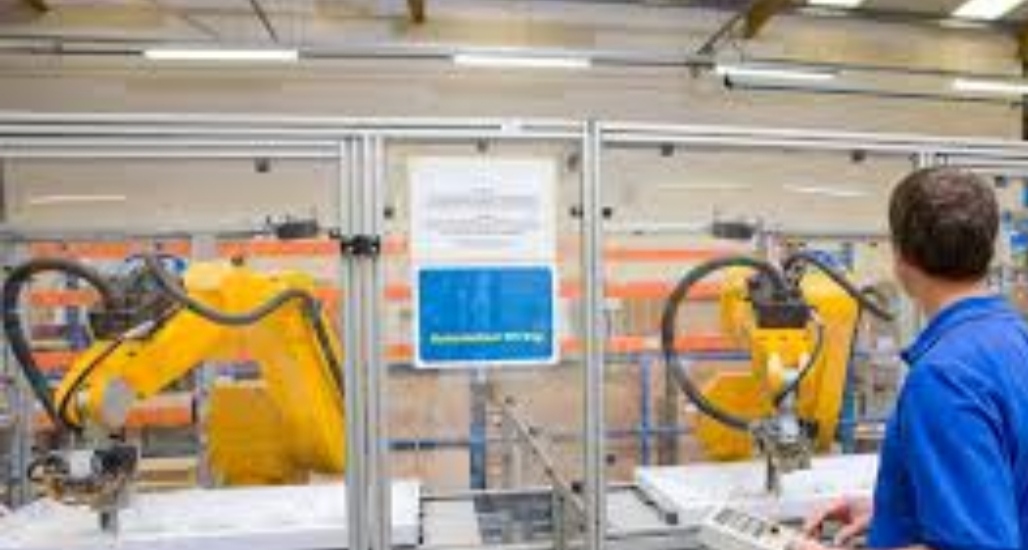Innovations in education are critical in preparing individuals for tomorrow’s job growth, especially in an era characterized by rapid technological advancements and evolving workforce demands. As we enter a new era of work, several key innovations are reshaping the educational landscape to meet the challenges and opportunities of the future.
Personalized Learning: Traditional one-size-fits-all education is making way for personalized learning experiences. Adaptive learning platforms and AI-driven assessments allow students to learn at their own pace, catering to their individual strengths and weaknesses.
Online and Blended Learning: The COVID-19 pandemic accelerated the adoption of online education. Blended learning models that combine online and in-person instruction offer flexibility, accessibility, and the ability to reach a wider audience.
STEAM Education: Science, Technology, Engineering, Arts, and Math (STEAM) programs are becoming increasingly important. These interdisciplinary approaches prepare students for careers in fields like artificial intelligence, biotechnology, and green energy.
Project-Based Learning: Hands-on, project-based learning encourages critical thinking, problem-solving, and collaboration. It prepares students for a dynamic job market where soft skills are as important as technical skills.
Micro-Credentials and Nanodegrees: Instead of traditional degrees, shorter and more specialized credentials like nanodegrees are gaining popularity. They enable professionals to quickly acquire relevant skills to adapt to the evolving job market.
AI and EdTech: Artificial intelligence and educational technology are revolutionizing the way teachers deliver content and assess student progress. These tools can identify learning gaps and tailor instruction accordingly.
Global and Cross-Cultural Competency: In an interconnected world, cultural fluency and global awareness are essential. Innovations in education include programs that promote cross-cultural understanding and international experiences.
Soft Skills Development: Non-technical skills such as communication, adaptability, and emotional intelligence are crucial in the modern workplace. Innovative educational approaches emphasize the development of these skills.
In conclusion, innovations in education are essential for preparing individuals to thrive in tomorrow’s job growth. These innovations range from personalized learning and online education to the development of critical soft skills. By embracing these changes, educational institutions can ensure that students are equipped with the knowledge and adaptability needed for success in a rapidly changing job market




